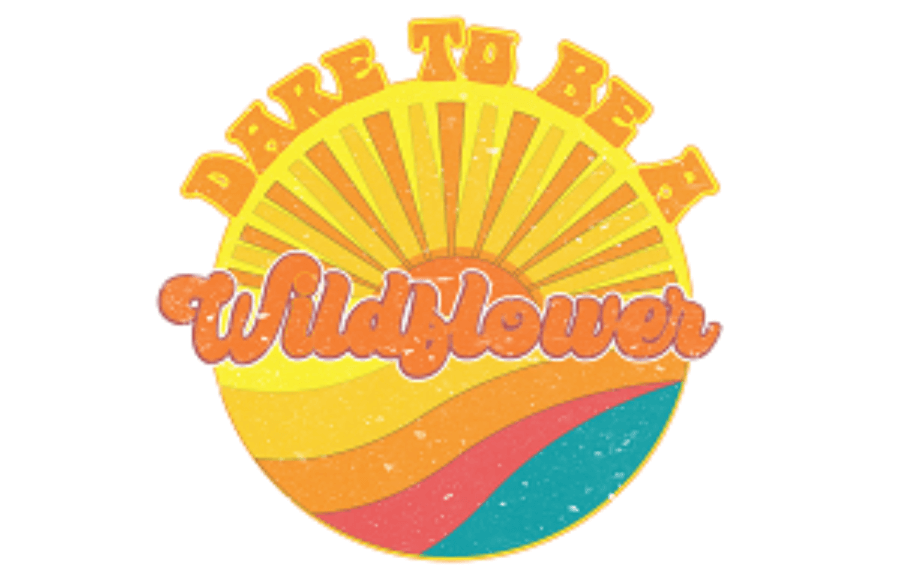5 Simple Steps To Shopping In The Bulk Food Section
Shop naked and save the world! Hey now, get your mind out of the gutter, ya’ freak! I mean, shop sans plastic by shopping in the bulk food section.
Shopping in the bulk food section will not only help you save money when grocery shopping, but it will dramatically reduce your food packaging waste.

Here are five simple steps to shopping bulk like a pro.
Grab a few jars or bags before you head to the store to shop in the bulk food section.
This step is really important, otherwise you’ll end up using the plastic bags and containers provided by the store which defeats the whole purpose of trying to reduce your plastic waste when you’re shopping.
Also, remember to grab your reusable bags for all your delicious and precious edible cargo.
Pro Tip: If you don’t already have the tare weight of your containers, be sure to bring along a marker and some tape.
What foods can you shop in bulk?
Common bulk food items include:
- Grains
- Legumes
- Cereals and Oatmeal
- Granolas
- Nuts
- Dried Fruit
- Snacks
- Candy
- Spices
- Broths
- Powered Soy Milk
- Superfoods
- Nut Butters
- Honey

Be sure to get the tare weight of your container before filling it with food.
What is the tare weight of a container?
The tare weight is the weight of the empty container you’re using.
Why do you need the tare weight of a container?
You don’t want to get charged for the weight of your container.
For example, let’s imagine you’re purchasing pine nuts (cha-ching!) for $25/lb and your jar weighs 9oz.
If the cashier does not enter the tare weight, you just paid $13.50 for your own empty mason jar— and that’s not including any pine nuts!

I know, it’s an extreme example but you get the idea here.
- Ask a cashier to weigh your container.
- Write that number on a piece of tape and stick it on the container itself.
- If it’s a cloth bag, write the tare weight directly on the bag with a permanent marker.
The good news is, you only need to do this the first time and then you’re all set to shop plastic-free and hassle-free in the future.
Go shop in the bulk food section.

If the bulk items are in bins, use the scoopers provided instead of scooping your jar or using your hands.
Typically, markets prefer that you ask an associate to sample something instead of reaching in and grabbing something with your hand to try it. It’s simply cootie control regulations.
Get the bulk food item number for the cashier.
You can :
- take a picture of it on your phone to keep things zero-waste.
- make a note on a piece of paper.
- write it on a piece of tape and stick it on the container.
- write it on a chalkboard sticker on your container.
- try to remember it but I only recommend this if you’re one of those unicorn human beings with a photographic memory.
Assist the cashier by being ready to provide them with the bulk food item number.
If you took a picture of the item number, make your cashier’s job as easy as possible by providing the number as soon as it reaches their hands.
Also, be sure they enter the tare weight of your container! This simple mistake could cost you a pretty penny if you’re chatting up your cashier- not that know from experience or anything. 🙃
Related: Zero Waste Bathroom Swaps Under $15
Other tips for reducing plastic waste when shopping:
- Buy products in paper containers which requires much less energy to recycle compared to plastic or glass.
- Quit gum; it’s made of plastic. 😯
- Embrace your inner DIY Queen 👑 and try making some of your own products like toothpaste, deodorant, or mustard.
- Forgo the plastic and toxic chemicals by making your own cleaning supplies. It’s super freaking easy and cheap— I promise.
- Eat more whole foods. Processed food almost always comes wrapped in plastic. Whole foods can usually be purchased naked. Rebel against plastic and eat healthier!
- Create systems to help you never forget your reusable shopping bags again.
- Bring your own bread bag to the bakery.
- Shop at your local farmers market as much as possible. You can usually ask your local farmers and vendors to refill your containers (think eggs, berries, salsas, etc).
- Do a little research to see if there’s a zero waste shop in your city. These are a freaking eco living dream and offer items in bulk that usually come all packaged up like liquid soaps, lotions, cleaning supplies, essential oils, vinegar, witch hazel, etc.
Pin For Later | How To Shop Plastic Free In The Bulk Food Section







